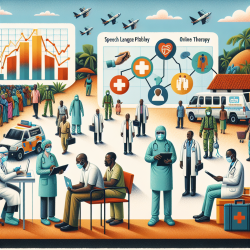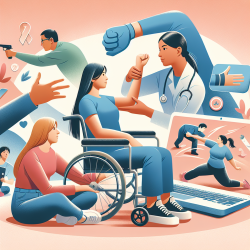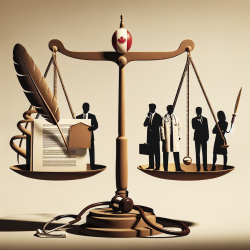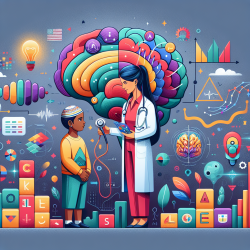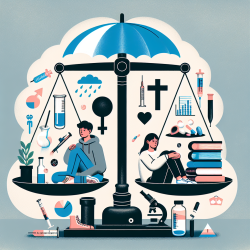Understanding the Emotional Toll on Healthcare Providers During the Ebola Epidemic
Healthcare providers often find themselves on the frontlines of crises, and the Ebola epidemic in Sierra Leone was no exception. A qualitative study titled "Healthcare providers on the frontlines: a qualitative investigation of the social and emotional impact of delivering health services during Sierra Leone’s Ebola epidemic" provides a deep dive into the experiences of these providers. The study reveals the significant social and emotional challenges faced by healthcare workers during this time.
Key Findings: The Social and Emotional Impact
The study, conducted through 54 qualitative interviews with 35 healthcare providers, highlights the profound impact Ebola had on the professional and personal lives of these individuals. Here are some key takeaways:
- Loss of Trust: Ebola eroded trust within healthcare facilities, communities, and families. Providers reported feeling isolated and stigmatized, often viewed with suspicion by those they served.
- Professional Challenges: Infection prevention measures, while necessary, created barriers between providers and patients, inhibiting the traditional compassionate care that providers were accustomed to offering.
- Emotional Distress: Providers experienced loneliness, sadness, and fear, compounded by the inability to engage in normal social rituals such as hugging or attending community gatherings.
Strategies for Support and Improvement
To mitigate these challenges, the study suggests several strategies that could be implemented to support healthcare providers in similar crises:
- Psychosocial Support: Implementing psychological first aid and counseling services for healthcare workers can help address the emotional toll of working in high-stress environments.
- Community Engagement: Educating communities about the role of healthcare providers and reducing stigma can foster a more supportive environment.
- Improved Infection Control: Enhancing infection prevention measures while maintaining human connection, such as personalizing protective equipment, can improve patient-provider relationships.
Encouraging Further Research
This study underscores the need for ongoing research into the psychosocial impacts of health crises on providers. By understanding these impacts, we can develop better support systems and improve outcomes for both providers and patients.
To read the original research paper, please follow this link: Healthcare providers on the frontlines: a qualitative investigation of the social and emotional impact of delivering health services during Sierra Leone’s Ebola epidemic.
